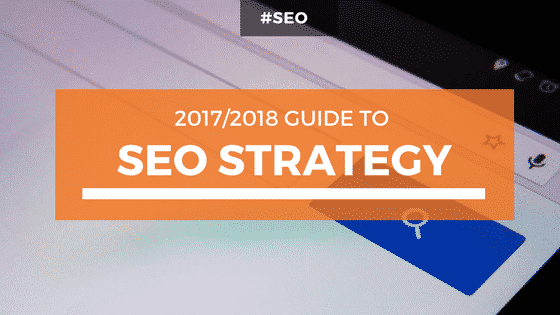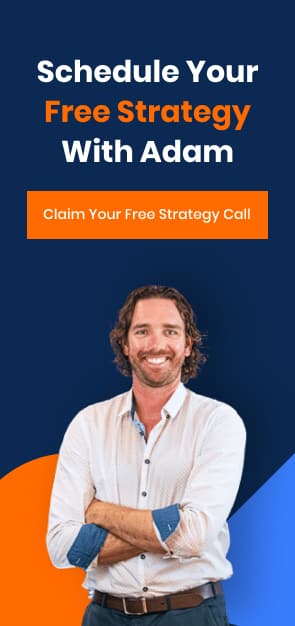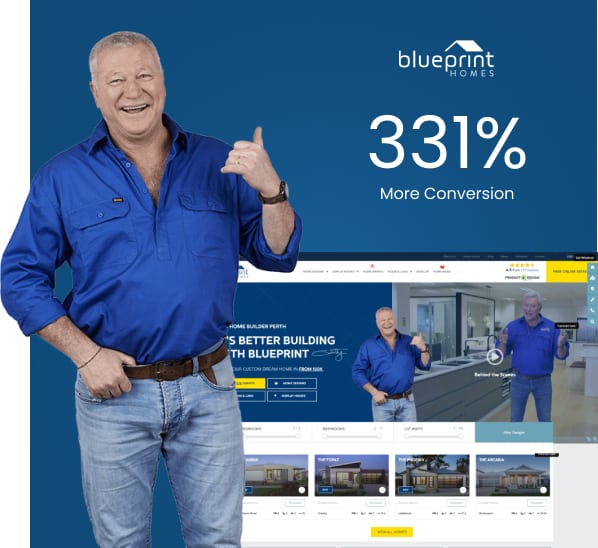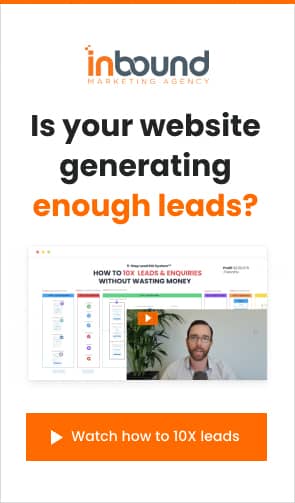SEO can be overwhelming at the best of times! There is a lot to consider in an SEO strategy. I’ll discuss the big-picture of search trends, the google algorithm, as well the goals of your business. This short piece will outline the five simple steps that should shape your SEO strategy for 2017/18.
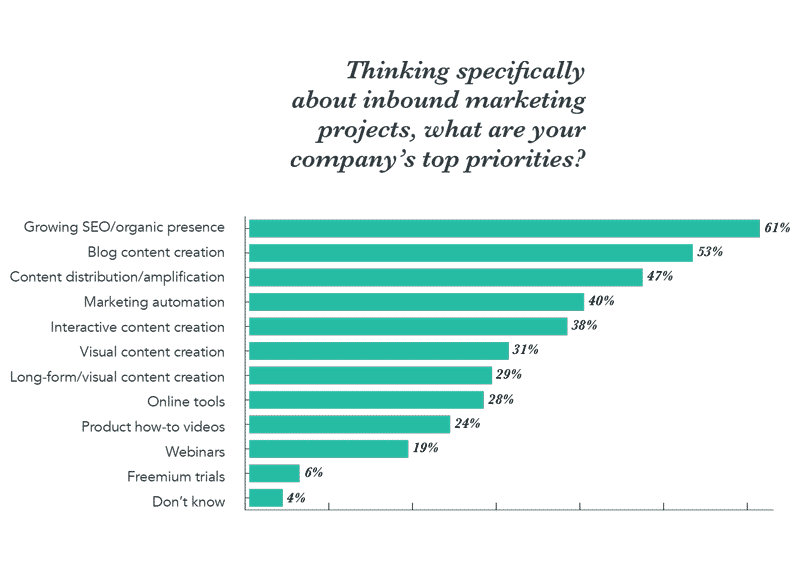
Source: State of Inbound
Define Your SEO Goals
An SEO strategy will involve multiple resources such as content writers, developers, and business managers, who will all help define the core SEO goal.
I recommend starting my defining your SMART goals. For those who aren’t familiar with SMART goals, it stands for Specific, Measurable, Attainable, Realistic, and Timely.
- Specific – your goal must be specific and significant. i.e. ‘increase visitor’
- Measurable – make sure your goal measurable & meaniful i.e. ’increase visitors by 50%’
- Attainable – it must be achievable within your capability
- Realistic – can you support the goal and does it truly matter to the business.
- Time-based – when will your reach your goal i.e. ‘increase visitors by 50% in 12-months’
After defining a clear SEO goal that correlates with your business’ objectives, now you can map out the SEO activities that will help reach your goal.
SEO Strategy Foundation
Before I go into too much detail about the strategy, you must understand how Google will review
“Ranking = Relevance X Reputation”
First you must understand where you are lacking (relevance, reputation, or both). Once you know your deficiencies, then you can start implement SEO activities.
Google Updates
An understanding of how Google crawls, ranks, and displays pages when your target audience searches is imperative to completing a successful SEO campaign. So far this year, Google has rolled out three major updates which may affect how you create your SEO strategy for 2017/18.
Google can penalise your website if they believe you’re trying to manupliate your rankings using blackhat SEO techniques. They are regulary reviewing websites that are:
- have low-quality content,
- aggressive link building, and
- those who abuse ads and affiliate links.
If you satisfy the visitors search query then Google will reward your SEO rankings.
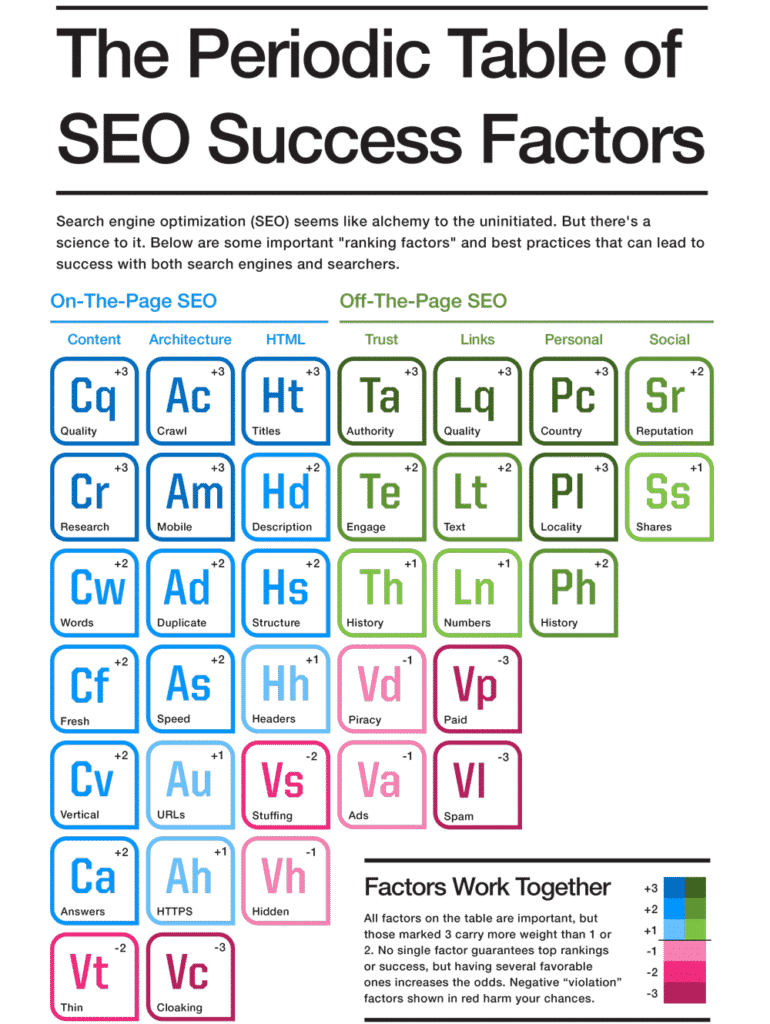
Source: Search Engine Land
Keywords & Content
Searcher intent, as defined by Google, is more important than keywords in how we decide to create content. This means that creating content to answer questions and satisfy the needs of the searcher is more important than optimising for keywords that the target audience may be searching for.
Understanding searcher intent by the small changes in keyword structure is an important part of how a business should create content to gather visitors. Defining your target audience will help your business determine what keywords you may want to rank for and the content you should create.
SEO has changed due to the way Google interprets searcher intent and how it chooses to display information. Your SEO strategy should incorporate content marketing to build content and optimise your website for keywords you want to be found for by covering topics in depth.
In depth content – pieces of content with 1,000+ words – answers the searcher’s question comprehensively, making it great for user experience. Detailed content is also favoured by Google and tends to rank better than incomplete content.
In a recent analysis of 1 million search results, Brian Dean of Backlinko found that comprehensive content vastly outranked more shallow content. You shouldn’t focus only on length when creating in depth content; instead ask how useful the content is and how much information it gives the searcher.
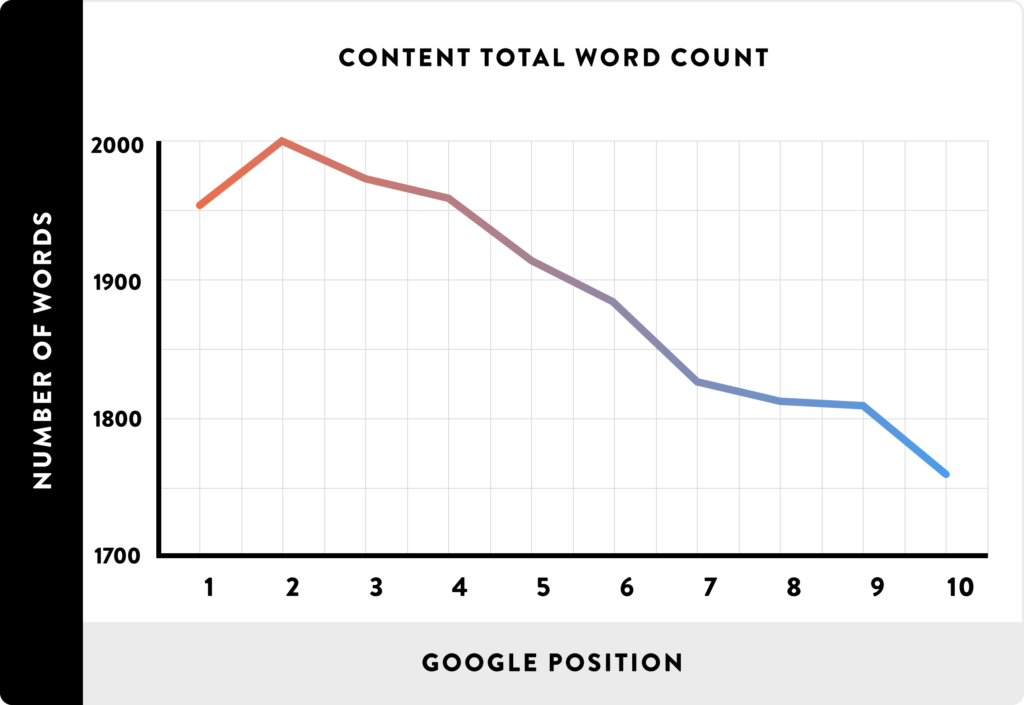
Source: Backlinko
Keyword research plays a critical role in SEO, as it will help you map out keywords and phrases as opportunities for your SEO tactics and content. Identifying how you rank and how your competitors rank for particular keywords and phrases allows you to build pages and content to target priority keywords of opportunity.
Search engines understand synonyms and similar terminology, so using related keywords in multiple pieces of content helps Google’s “bots” know what topics your site covers. By creating 1 page you can still rank for a lot of a keyword’s variations.
Remember to start with your goals and prioritise content as a valuable component of your overall SEO strategy. Build topical depth and breadth by building out answers to all the types of questions your customers have.
Linking
Link building has always been a valuable SEO tactic that many SEO agencies focus on to achieve a first-page ranking on Google. Google have confirmed that inbound links are one of the top three SEO ranking factors.
Links alone, however, cannot redeem shallow or poor-quality content; if the content is not helpful to the searcher having links will not help your ranking. If your content is aimed at aiding the searcher and answers their questions, links will set you apart from your competitors.
The reality of what is driving rankings today is the same as it was many years ago: links and content, though nowadays the quality of links matters a lot more than it used to.
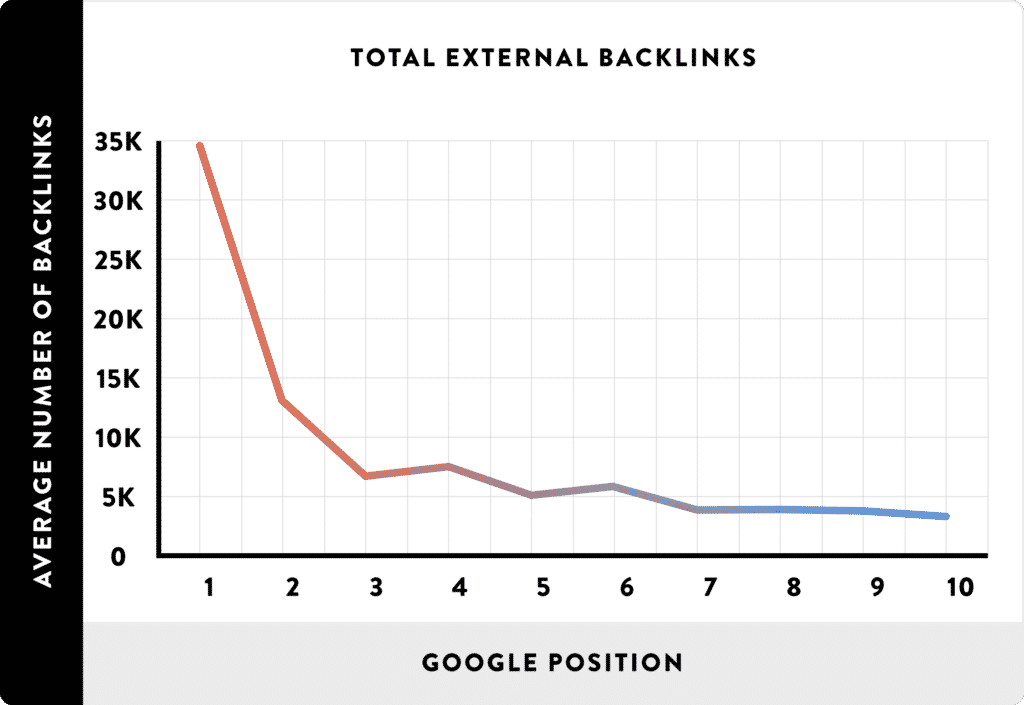
Source: Backlinko
The number of backlinks your content has and the more inbound links you have, the more authoritative your content appears in Google’s eyes. However, it’s the quality of those links that truly impacts your content’s ability to rank higher. Ideally, you should aim to attract links from authoritative pages, according to Google’s rank-bots.
Linking is a part of both your SEO and content strategy: Google takes the time to judge your site and, if they can understand the material better, then they won’t need to rely so heavily on links as the primary ranking mechanism.
By building out content focused on your keyword research and optimising these pages you can add internal links to that content and increase your ranking a lot faster.
Measure the results of your SEO strategy
It’s important to understand that SEO takes time; the best ranking websites have on-going link campaigns even when they are doing well. Day-after results are not how Google works, SEO is a long-term strategy which takes months for results.
At Inbound Marketing Agency, we use a combination of tools for tracking competitors, keywords, traffic, and ranking. Fluctuation in ranking is normal over time, but if you action your SEO strategy and tactics, you should see an increase in traffic and rankings by following your goals set to align with your business.
Need some help creating your SEO strategy? Request a free Inbound Marketing Audit today!

